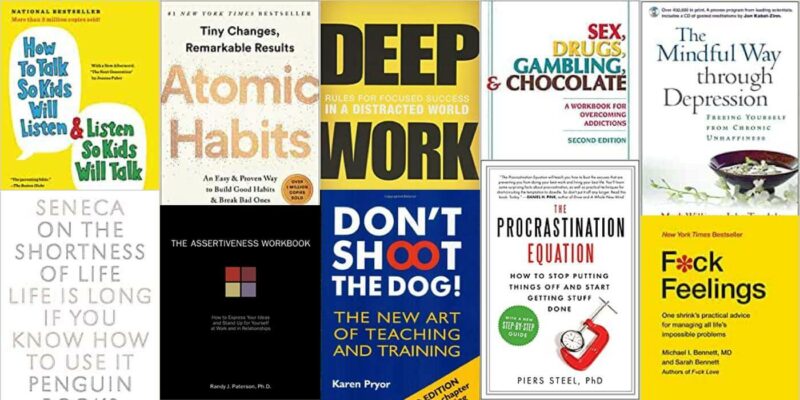As a psychologist who specializes in sleep issues, these are the 10 things I would strongly recommend if you really want to give yourself a good case of insomnia:
- Do lots of research about sleep and insomnia, focusing especially on all the negative consequences of not getting enough sleep. WebMD articles are good. Doomscrolling insomnia horror stories in Facebook groups is even better.
- Be absolutely sure to get in bed at exactly the same time each evening, regardless of how much energy you expended that day. And whatever you do, never get out of bed in the morning until you feel 100% refreshed and energized.
- Only sleep in deep, dark caves in the African savannah to ensure your sleeping conditions are as close to our ancestral environment as possible.
- Avoid exposure to blue light within 12 hours of bedtime. Buy yourself some industrial-grade blue light blocking glasses and wear them all day just to be on the safe side.
- Think about sleep continuously throughout the day and be sure to talk about your sleep struggles as often as possible.
- Study up on and implement my 89-point sleep hygiene checklist (email me for a copy). Pay special attention to #22 about proper essential oil formulation. In the meantime, consume every self-help book, YouTube video, TED talk, and Twitter thread you can find about better sleep.
- Avoid strenuous physical activity at all costs. Try to be sitting most of the day. Whatever you do, do not exercise when you get home from work. You’re already tired from a long day—overexerting yourself at this point could be disastrous.
- Don’t even think about drinking coffee.
- Spend as much time in bed as possible. Aim for at least 10.7 hours of time in bed so that you’re certain to get at least the minimum 8.25 hours of optimal sleep that each person in the whole world needs every single night.
- Try REALLY HARD to sleep. Great sleep requires tremendous effort and willpower. Furthermore, your body will frequently break down and forget how to sleep, so it’s important to be willing to make it happen when your own physiology just isn’t up for it.
How to actually get rid of insomnia…
- Ignore or do the opposite of the above.
- Read some of my other articles on sleep and insomnia →





15 Comments
Add YoursNice one Nick, I had a (needed, on a Monday in lockdown) laugh. More articles along these lines would be definitely welcome!
Thanks Greg! Yeah, my tone is usually fairly earnest and “straight” so I thought it might be fun to play around a bit 🙂
Agreed very true and funny
Thanks MaryKay 🙂
I originally learned about your blogs when searching for information on insomnia. I was so brainwashed into thinking I needed over 8 hours of sleep most nights. The reality is I get plenty with a little over 7 hours spent in bed most nights. Experiments with not going to bed until my eyelids were dropping or my head was nodding finally cured me of thinking I was so short on sleep. I am still eternally grateful for these articles (and others). Thanks!
thank you, Nil. That means a lot 🙂
I had insomnia (four hours per night) for four years after quitting Paxil. What hell. Plus the paranoia, sadness, anxiety. Now I’m up to six hours, plus wake times when my husband rolls over or my dog, recovering from radiation therapy, starts to cough. But, I’m functional! Mostly. And I’m lucky to have such a wonderful husband and pooch. Thanks for the chuckles, and release of at least the sleep anxiety!
Thanks Marcia! Yeah, in my experience there’s a direct relationship between improvement in sleep and decrease in sleep anxiety. In fact, if I had my way, I would actually classify insomnia as an anxiety issue, not a sleep issue because anxiety is almost always the main mechanism that leads to it.
So Germanic , lacking in empathy , and calling it funny .
I have friends who do everything right, and have insominia . Brilliant funny people, with very alert minds .
Insomnia .
Great tongue and cheek here! Love it and had a good laugh, too! Just keep feeding us such good stuff, okay? I do so much appreciate it!
Thanks Bea!
¡Genial! :__)
Adoro a Nick Wignall y sus posts me han ayudado mucho. De verdad.
Thanks!!!!
Thanks for a really great laugh, Nick! Can you do some of this with other issues? I’m an “older” woman facing the fact that I have a variety of “disorders” – It would be a great relief to have some of this humor applied, plus it’s actually very helpful.
How do I self-induce chronic insomnia without substance use?